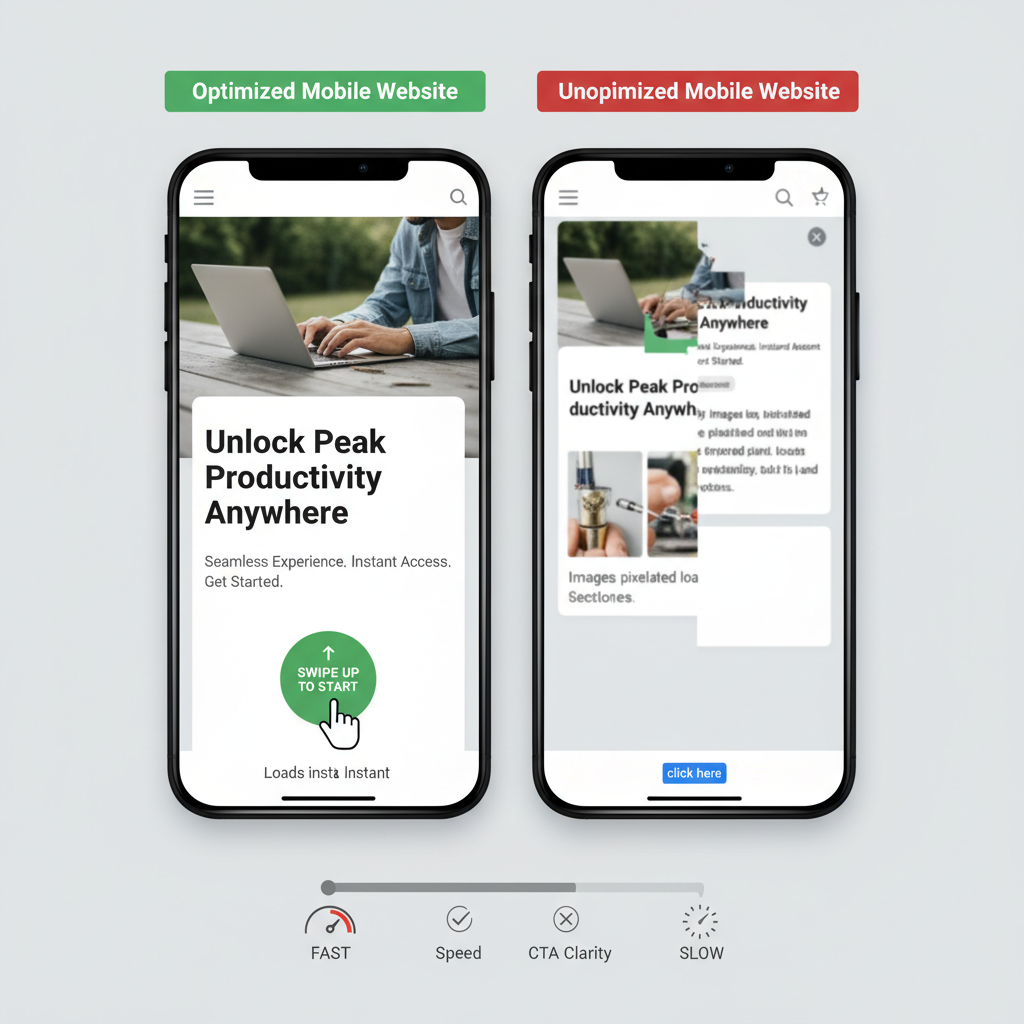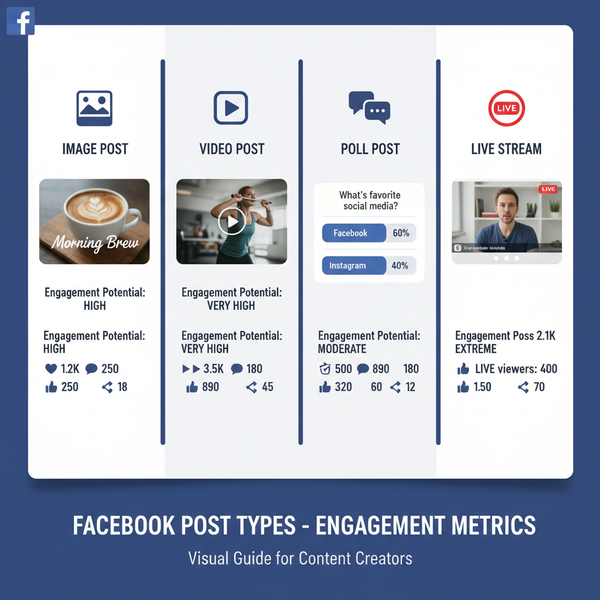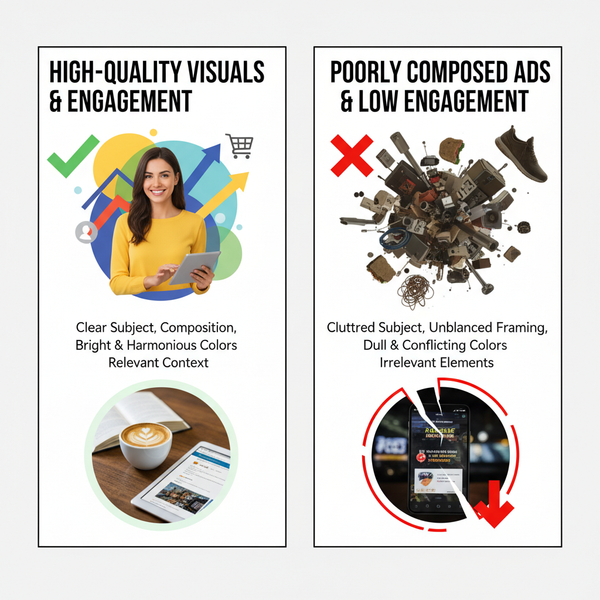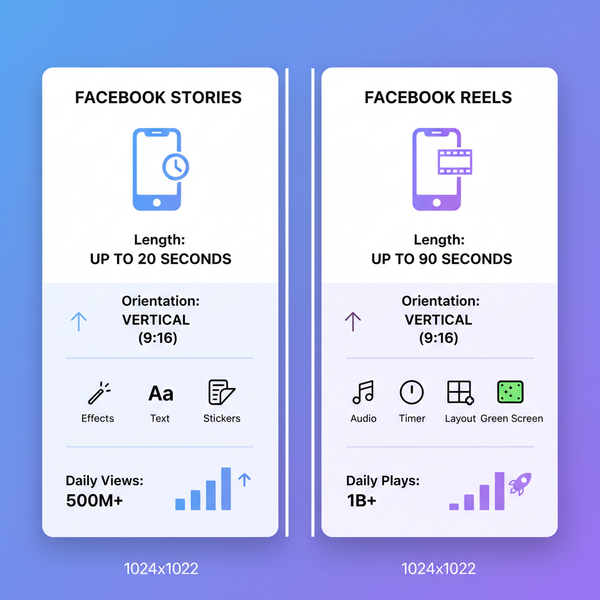Creating Social Network Images to Boost Engagement
Learn how to design and optimize social media images with consistent branding, correct sizes, and mobile-friendly layouts to boost engagement.
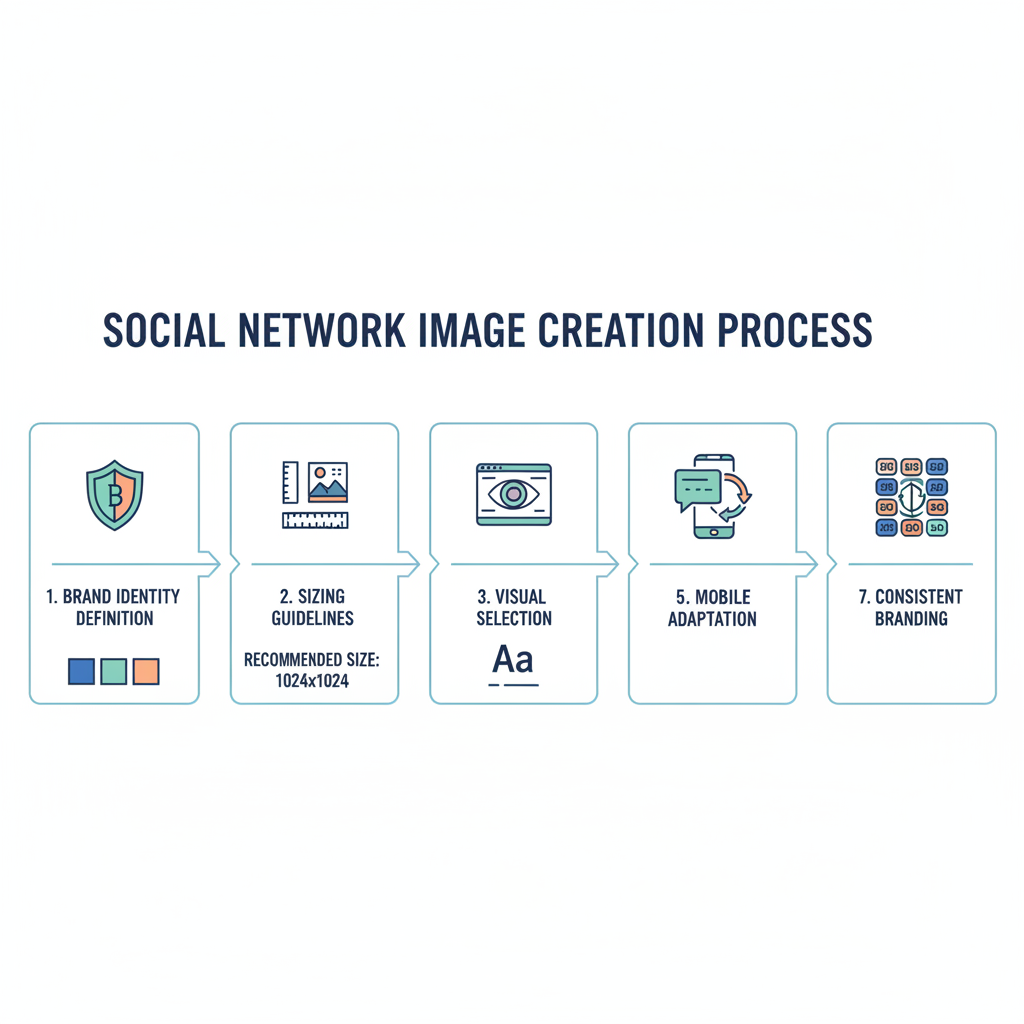
Creating Social Network Images to Boost Engagement
In today's fast-paced digital landscape, your social media visuals are often the first point of contact between your brand and its audience. Well-crafted social network images influence perception, improve click-through rates, and drive meaningful interactions. This comprehensive guide outlines strategies to design, optimize, and schedule images across major platforms while maintaining a cohesive brand identity for maximum engagement.

---
Define Your Brand’s Visual Identity
Before creating any content, establish a solid visual foundation. Your brand’s colors, fonts, and style serve as the unifying thread in your social presence.
- Colors: Use a palette that reflects your brand personality. Select two to four primary colors complemented by consistent accent tones.
- Fonts: Limit usage to one or two typefaces, ensuring readability across desktop and mobile devices.
- Style: Choose a vibe — playful, corporate, minimalist, or bold — and maintain it across all graphics.
When your visual identity is strong, your followers can recognize your posts instantly, even without a logo.
---
Understand Image Size Requirements
Each social network has its own image size guidelines. Disregarding these can cause cropping or distortion. Here is a quick reference for optimal dimensions:
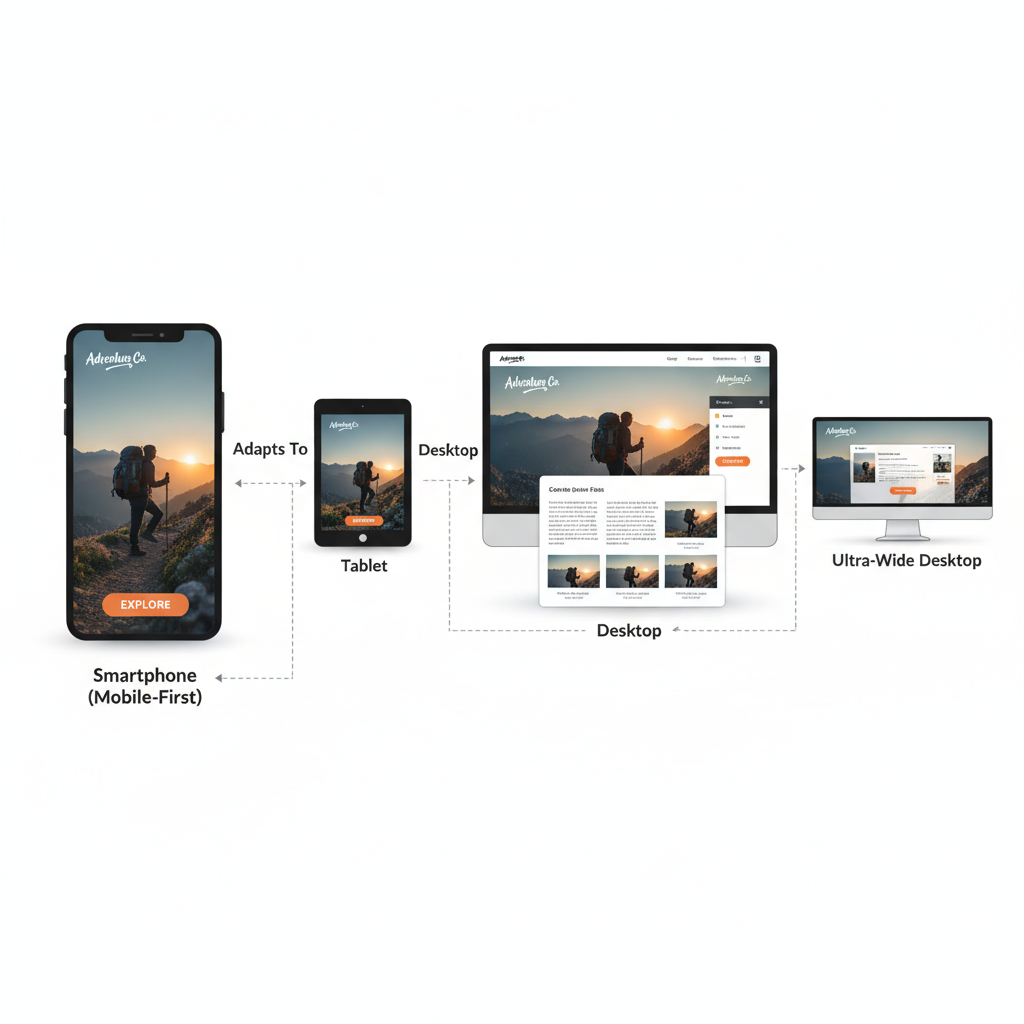
| Platform | Image Type | Recommended Dimensions |
|---|---|---|
| Feed Image | 1200 × 630 px | |
| Square Post | 1080 × 1080 px | |
| Twitter/X | In-Stream Photo | 1600 × 900 px |
| Shared Image | 1200 × 627 px | |
| Pin | 1000 × 1500 px | |
| TikTok | Vertical Video Frame | 1080 × 1920 px |
---
Use High-Quality, Relevant Visuals
Avoid clichés and overused stock photography. Invest in content that resonates with your audience:
- Original Photography: Highlight your product, service, or team.
- Custom Illustrations: Infuse personality and uniqueness.
- User-Generated Content: Invite participation and build community loyalty.
High-resolution images maintain clarity across diverse devices and screen sizes.
---
Incorporate Text Overlays Strategically
Attention-grabbing text overlays can enhance impact when applied thoughtfully.
Tips:
- Keep copy minimal and compelling — a short headline or call-to-action.
- Choose bold, legible fonts.
- Ensure strong contrast between text and background.
Example CSS snippet for text overlay on images:
.overlay-text {
position: absolute;
top: 20px;
left: 20px;
color: #fff;
font-size: 2em;
text-shadow: 2px 2px 5px rgba(0,0,0,0.5);
}---
Adapt Images for Mobile-First Consumption
With the majority of social traffic coming from mobile users, design with smaller screens in mind.
- Vertical Orientation: Portrait images compete better for attention.
- Readable Font Sizes: Avoid micro-text.
- Simplified Layouts: Minimize clutter for better comprehension.
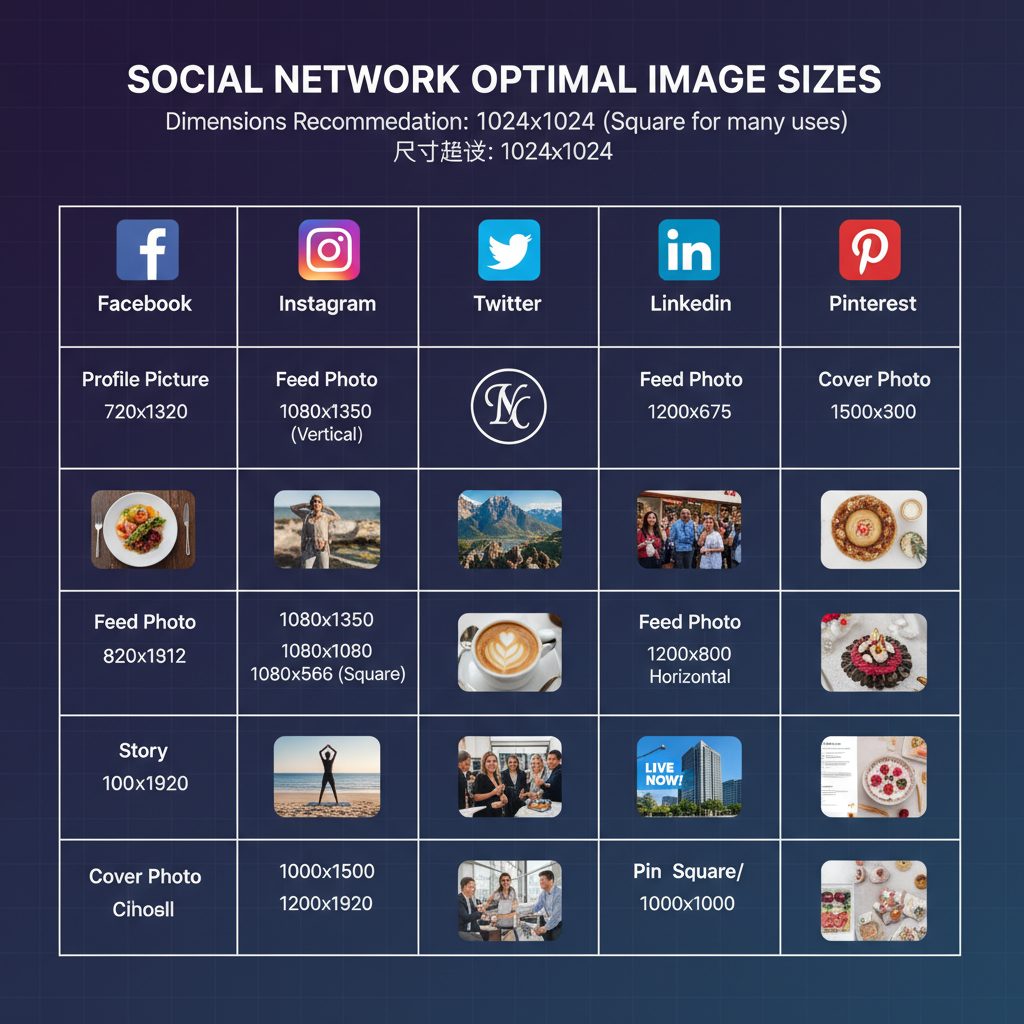
---
Leverage Trending Formats
Choosing the right format keeps your content relevant and shareable:
- Memes: Tap into humor and relatability to encourage shares.
- Infographics: Present data visually for quick digestion.
- Carousel Graphics: Invite users to swipe through engaging narratives.
Each format requires specific production considerations to maximize potential.
---
Apply Consistent Branding Across Posts
Visual consistency fosters trust and recognition.
Strategies:
- Fix a standard logo placement.
- Use brand colors consistently.
- Follow a unified imagery style — photography, illustration, or hybrid.
Set up pre-designed templates for efficiency.
---
Test Different Image Layouts
Maintain variety while finding what works best.
- Portrait: Ideal for mobile and Pinterest.
- Landscape: Sized for Twitter and YouTube.
- Square: Universally functional, particularly on Instagram.
Analyze performance metrics to determine your top-performing orientation.
---
Optimize for Accessibility
Accessible design increases inclusivity and reach.
- Alt Text: Write descriptive alternatives for screen readers.
- Color Contrast: Ensure compliance with readability guidelines.
- Multi-channel Indicators: Use shapes or patterns alongside color for clarity.
Example HTML with alt text:
---
Schedule and Automate Posting
Timing can significantly impact visibility. Automate posting to sustain consistency.
Popular Tools:
- Buffer
- Hootsuite
- Later
Schedule for high-engagement time slots based on analytics.
---
Track Engagement Metrics
Evaluate success continuously to refine tactics.
| Image Type | Avg. Engagement Rate | CTR |
|---|---|---|
| Memes | 8% | 1.5% |
| Infographics | 5% | 2.3% |
| Carousel Graphics | 6.5% | 1.8% |
---
Refine Design Based on Feedback
Valuable insights can be drawn from your audience through surveys, polls, and comment analysis. Use a combination of qualitative feedback and quantitative analytics to improve:
- Color palettes and typography choices.
- Content formats and image types.
- Posting cadence.
---
Summary
Mastering social network images is about blending brand consistency with creativity, platform-specific optimization, and data-driven adjustments. Define your visual identity, comply with size guidelines, create quality and accessible visuals, and use automation for consistent output. By tracking key engagement metrics and adapting to feedback, your social media imagery will attract, engage, and convert — helping your brand stand out in any feed.
Ready to elevate your visual strategy? Start implementing these tips today and watch your engagement grow.

